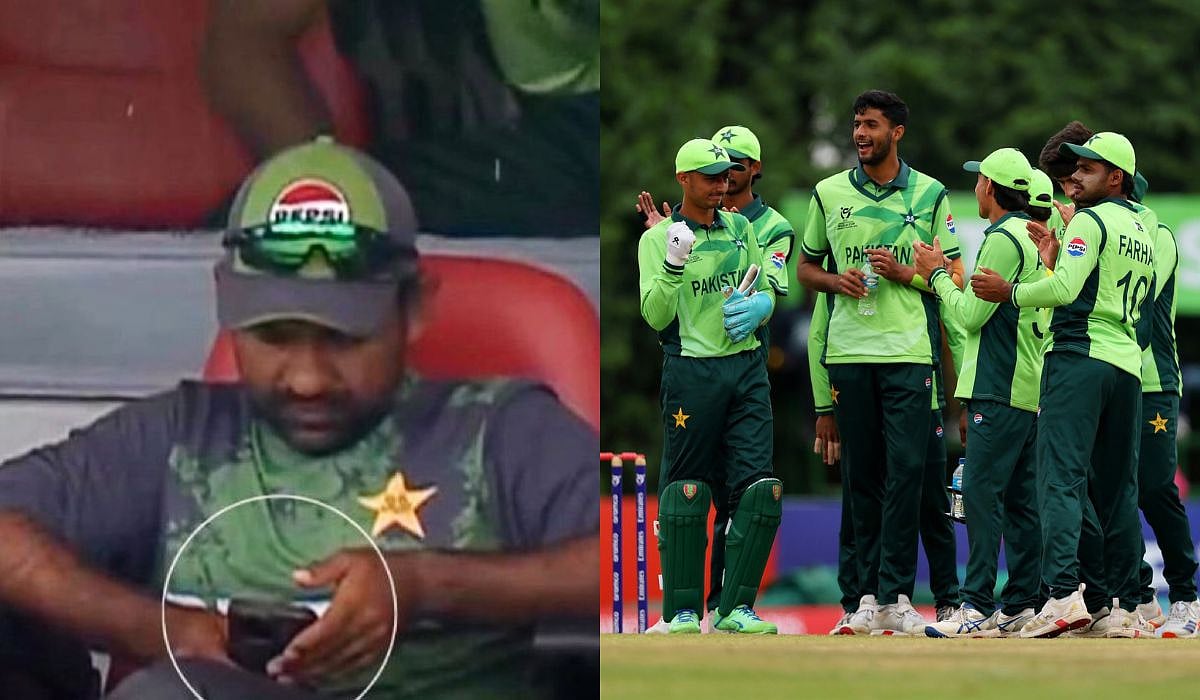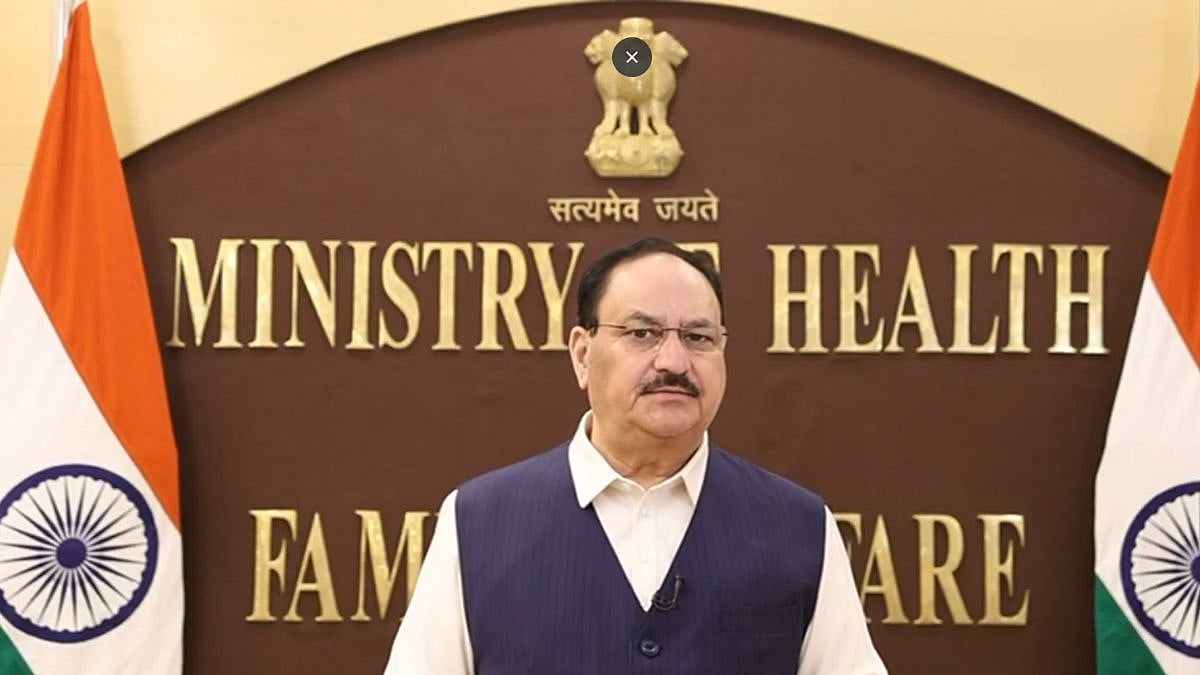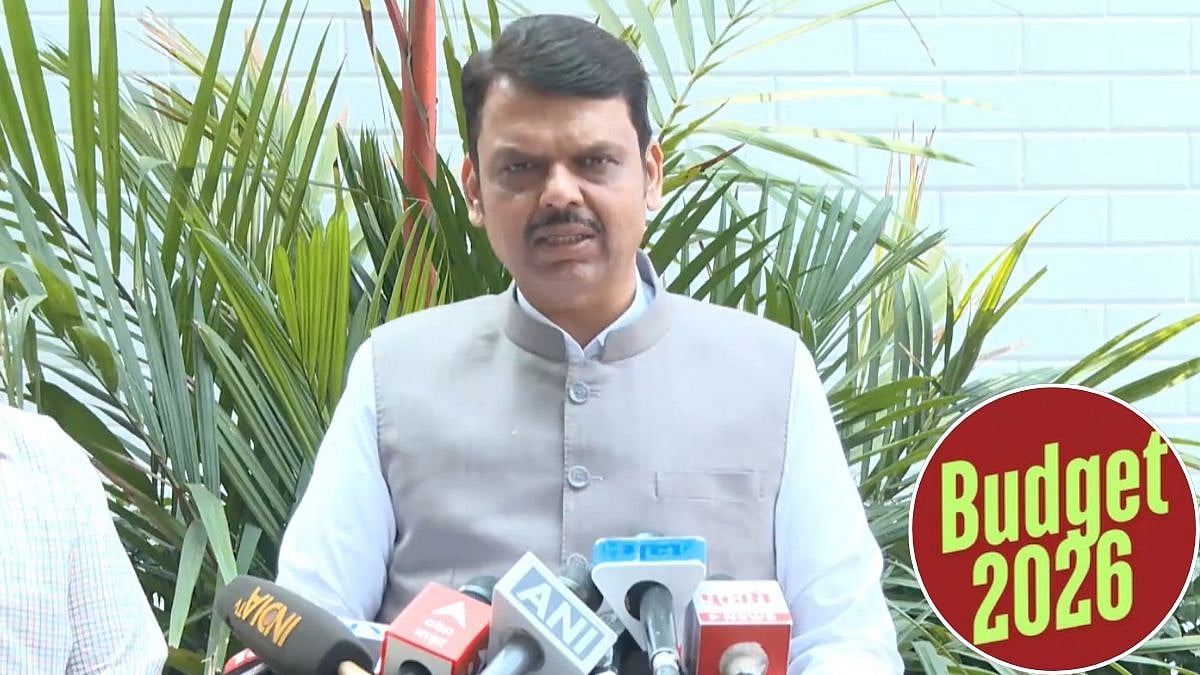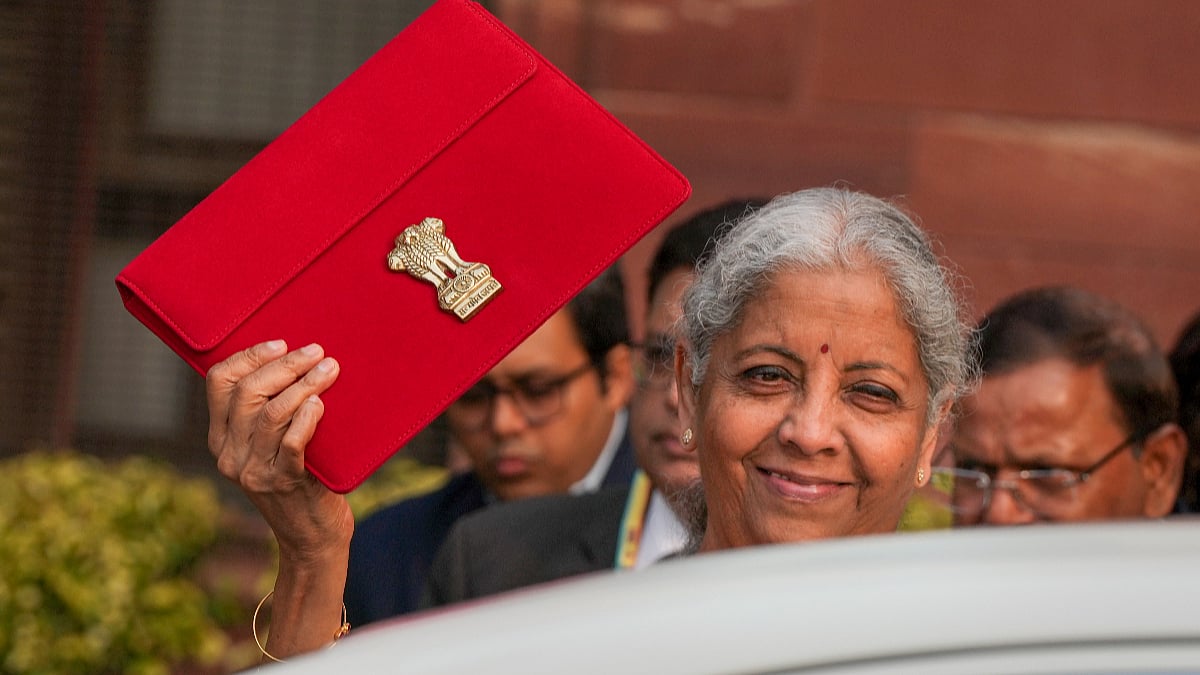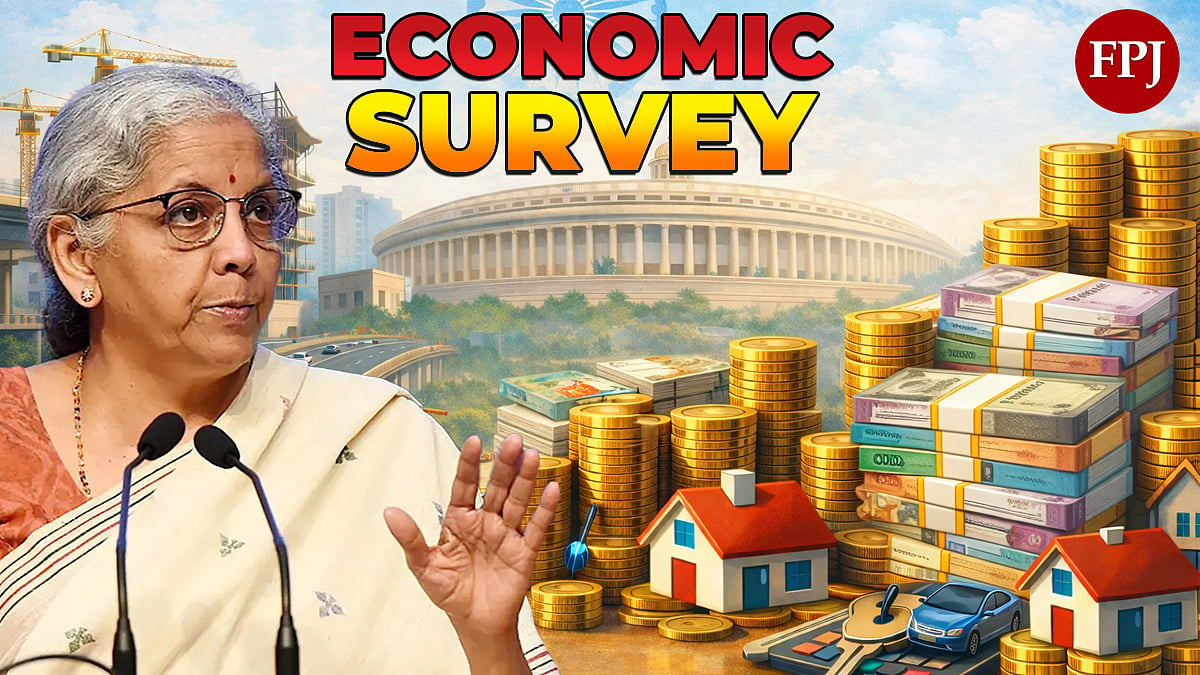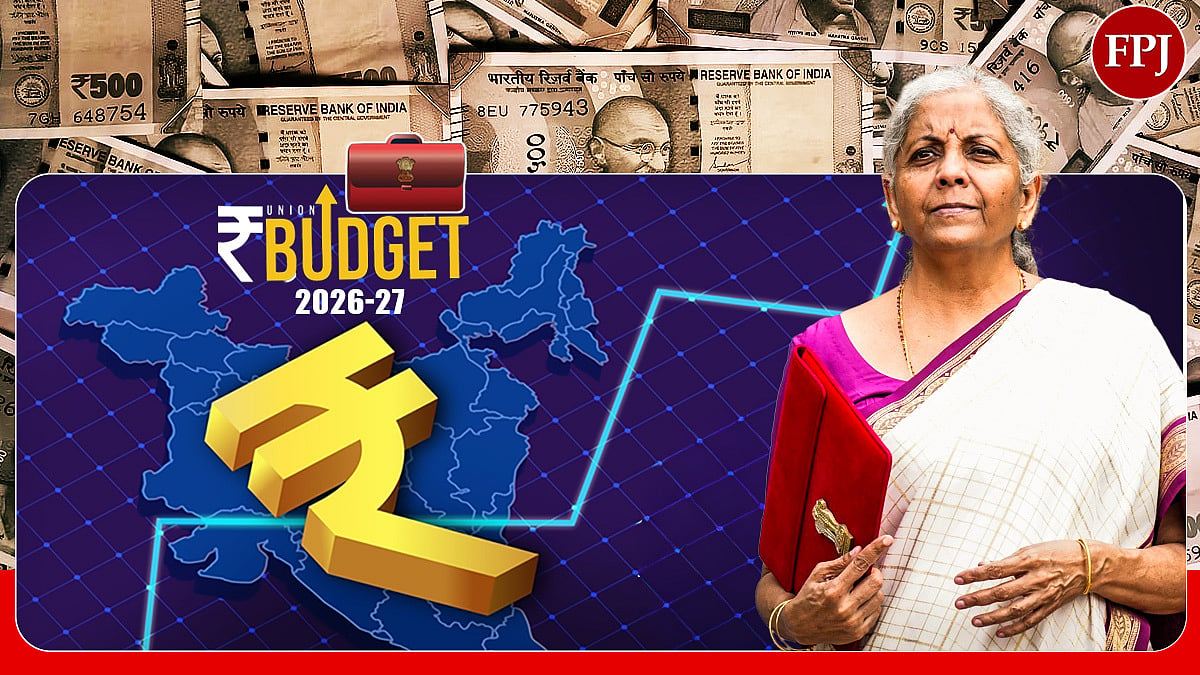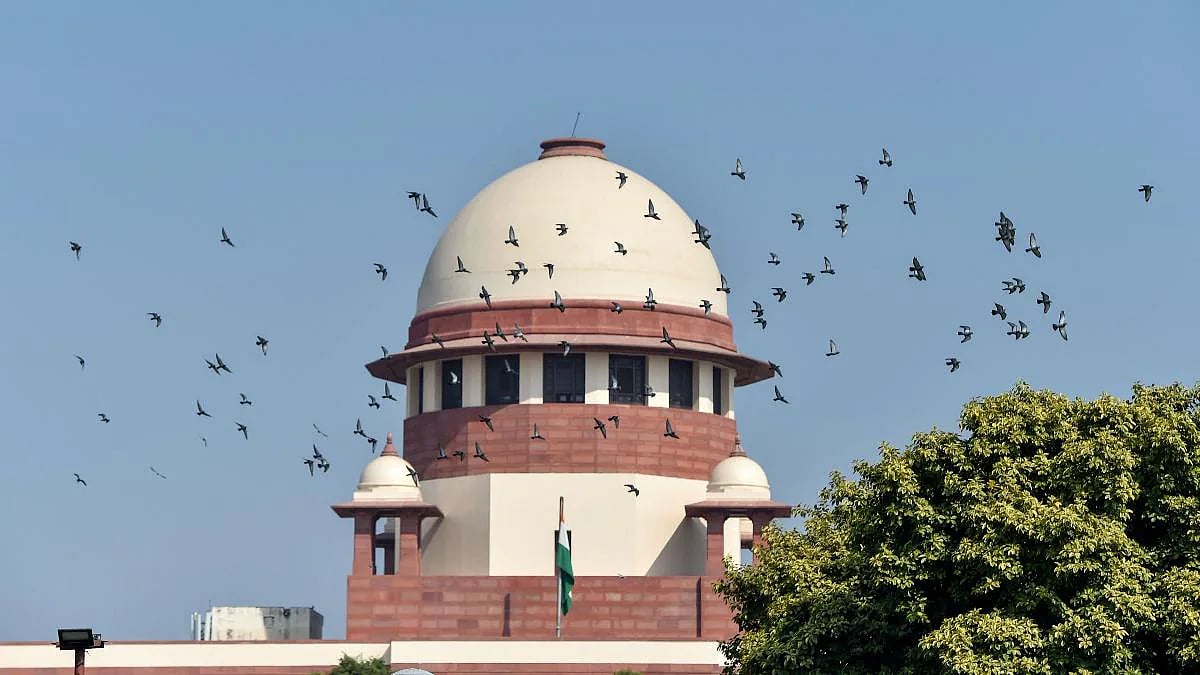In the previous article (Apr 11), I briefly explained the conceptual framework of Academic Freedom Index (AFI), as developed by the V-Dem Institute, Sweden. In this piece, I will provide the main findings of the report on AFI in 2022 and how academic freedom is largely retreating in major democratic as well as autocratic countries.
The 2022 report provides the existing level of academic freedom in 179 countries. In 22 countries, comprising over 50% of global population, universities and scholars have significantly less freedom today than they had 10 years ago. In five small countries (0.7% of world population), AFI has improved while in 152 countries, it is stagnating at a very low level. Overall, the AFI data signals a shift towards less academic freedom in the world, with declines in all regions and across all regime types. In fact, for the average global citizen, academic freedom is back to what it was almost four decades ago.
China, India, the USA and Mexico are among the most populous countries where academic freedom has significantly declined in the last decade though these countries have different political settings and the pattern of decline is not the same across these countries. Further, the five different indicators of AFI reflect how individual and institutional aspects of academic freedom have changed in these countries over the past decade.
China shows variations in a closed autocracy with increasingly repressive policies. In China, the decline began from a fairly low level: initially the institutional autonomy was affected and then around 2010, all aspects of academic freedom came under pressure, especially after Xi Jinping came to power in 2012. In any case, in China, universities have remained subordinate to party-state throughout and the party sets the boundaries of permissible research, exchange and academics’ public reach. Meanwhile, in Hong Kong, since the summer of 2020, unprecedented pressure has been put on academic freedom.
India’s decline in academic freedom started from a comparatively high level earlier. In India, academic freedom began to decline from 2009 with a decline in university autonomy and then all indicators began a sharp decline from 2013, reinforced by the election of Narendra Modi as Prime Minister in 2014. Since then, campus integrity, institutional autonomy and the freedom of academic and cultural expression declined more sharply than the freedom to reach and teach and the freedom of academic exchange and dissemination. Moreover, attacks on academic freedom have been made possible due to the absence of a legal framework to protect academic freedom in India. Academics’ freedom of expression has also come under notable pressure.
In the USA, academic freedom levels have been high for a long period but the value of four out of five indicators visibly declined in 2021, a year after President Donald Trump, who repeatedly attacked science and academia, lost power. Although some federal action detrimental to academic freedom were taken during his administration, individual states — which largely regulate academic matters — have increasingly used their authority to interfere in academic matters since 2021. Nine Republic-led states have banned the teaching of concepts related to ‘critical race theory’ in higher education institutions. Several states have begun to target tenure in public universities and some states now allow students to record class lectures even without professor’s consent. Conservative groups are increasingly lobbying to without funding from areas like gender, minority studies and environment sciences and groups are making ‘watchlists’ of professors perceived as radical leftists. Despite these efforts, scholars in the USA remain able to publicly express their views even on politically sensitive issues.
In Mexico, academic freedom is at risk through government’s use of fiscal policy and appointment decisions to further political control of universities. Academic freedom began to decline — from a high level — in Mexico moderately in 2017 and then accelerated in 2019 after the election of the new President, Andrez Manuel Lopez Obrador. The new government has weakened institutional autonomy through harsh austerity measures and the political polarisation of research regarding ‘national problems’ as defined by the government. The government has regularly appointed university directors, despite protests by students, and there have been regular attacks on students’ protests and a drug war is being fought on university campuses.
We need to remind ourselves that academic freedom is fundamental for scientific progress, the pursuit of truth, research collaboration and quality higher education. Despite many self-commitments by universities and states to safeguard academic freedom, it is under attack in many places. So far, the lack of adequate data has prevented researchers from studying the phenomenon more systematically at a global scale and made it difficult for policymakers and advocates to monitor and act on such violations. The V-Dem dataset represents a major new source of conceptually and empirically valid measures of academic freedom and its many dimensions. The new data underscore that measures of free expression are not sufficient to capture academic freedom in a comprehensive manner. Thus, hopefully, specific data related to the Academic Freedom Index will facilitate monitoring and action to defend academic freedom around the world.
However, the assessment of indicators of academic freedom by experts has its own limitations. Also, many expert contributors are themselves part of the respective country’s academic system and their concerns are reflected in the data: this should be seen not as problematic but as important warning signals that depict the current climate in a country. Finally, it is necessary to have continuous and substantiated critical engagement with the data to further improve their reliability.
Vrijendra taught in a Mumbai college for more than 30 years, and has been associated with democratic rights groups in the city

